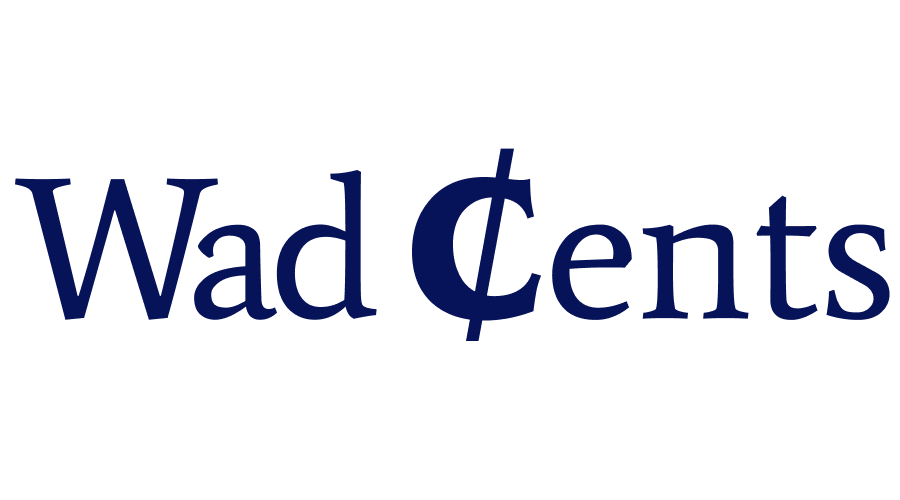If you’re a first-time home buyer, you’re probably excited about the prospect of owning a piece of real estate.
But as you explore your options for financing that dream home, you might be wondering if it’s possible to dip into your 401(k) to help fund your down payment.
In this article, we’ll dive into the ins and outs of using your 401(k) for a down payment on your first home.
Using 401k for Down Payment as a First-Time Home Buyer (Quick Answer)
The short answer is yes, you can use your 401(k) to buy a house. You can choose to make a 401(k) withdrawal or take a 401(k) loan to pay a downpayment for your home. If you are buying your principal home, you may be eligible for a 401(k) hardship withdrawal equivalent to the amount you need to pay the down payment.
However, it is important to remember that your 401(k) is meant to support you during your retirement. So, while it’s possible to dip into your retirement money, it’s not necessarily the best way to secure a down payment.
How Much Can You Take Out of Your 401(k) to Buy a House?
If you’re determined to go ahead with using your 401(k) for a down payment, you should know that there are limits to how much you can withdraw.
If you choose to make a 401(k) withdrawal, you can withdraw the amount you need to pay a downpayment for your house. For example, if you need $40,000 as a down payment for your house, you can make a withdrawal from your 401(k). However, be aware that you will owe income taxes and a potential 10% penalty tax if you are below age 59 ½.
If you are buying a principal residence, you may be eligible for a hardship withdrawal. In this case, you may be exempted from paying the 10% early withdrawal penalty, even if you are below age 59 ½. Also, you can only withdraw the amount required to pay the downpayment.
Can you borrow from 401(k) to buy a house?
You can borrow from your 401(k) to buy a house through a 401(k) loan. It’s different from a withdrawal because you’re essentially borrowing money from yourself and are required to pay it back with interest.
While this might sound like an appealing option since you are paying yourself back, there are a few things to consider. First, the amount you can borrow is limited to the lesser of $50,000 or 50% of your account balance.
Second, you have to repay the loan over time, usually up to 15 years depending on the terms of the loan.
if you leave your job, and you have an unpaid 401(k) loan, you will be required to repay the outstanding loan balance immediately, or the outstanding loan balance could be considered a taxable distribution.
Why it is bad to use 401(k) to Buy a House
While using your 401(k) for a down payment can be a viable option, there are some drawbacks.
It impacts your retirement savings
Tapping into your 401(k) can significantly affect your retirement savings. Remember, your retirement account is designed to help you stash money for your golden years. Hence, using it for a down payment might leave you with less than you anticipated for retirement.
Tax implications
Using your 401(k) for a down payment means you’ll need to pay income tax on the withdrawn amount. Depending on your income tax bracket rate, you can lose as much as 30% of the withdrawal to income taxes.
There could be potential losses
401(k) investments can grow over time. Taking a substantial chunk out for a down payment might mean missing out on potential gains. You should carefully weigh the financial consequences.
Repayment risks that come with taking a 401(k) loan
If you choose a 401(k) loan, you’re obligated to pay the money back with interest. If you can’t repay the loan as agreed, it can trigger income taxes. Generally, the defaulted amount might be considered a taxable distribution, and you will owe income taxes and an additional 10% early withdrawal penalty if you are younger than 59 ½.
Alternatives to Using Your 401(k) for Buying a Home
Other than using your 401(k) to buy a home, some alternative methods can help you become a homeowner without compromising your 401(k) retirement funds:
Use an IRA
If you have an Individual Retirement Account (IRA), you can withdraw up to $10,000 for a first-time home purchase without the 10% penalty. However, you will owe income taxes on the withdrawal.
FHA loan
The Federal Housing Administration (FHA) offers loans with lower down payment requirements, making it easier for first-time home buyers to secure financing without depleting their retirement accounts.
VA loan
If you are a qualified veteran or active-duty service member, a VA loan can provide you get a home financing option that requires no down payment, allowing you to keep your retirement savings intact.
Conclusion
Buying your first home is an exciting endeavor. However, it is essential to consider the long-term financial impact of using your 401(k) for a down payment.
Although it’s possible to dip into your 401(k), it’s not always the best choice. Explore alternative options like IRAs, FHA loans, and VA loans to protect your retirement savings while still achieving your dream of homeownership.
Remember, it’s all about finding the right balance between your immediate needs and your future financial security.
FAQ
How to use your 401(k) to buy a house?
If you plan to use a 401(k) to buy a home, you have two options i.e. 401(k) withdrawal or 401(k) loan. If you are eligible for a hardship withdrawal, you may be able to withdraw the amount you need for the down payment without owing an early withdrawal penalty. You will only owe income taxes at your tax bracket rate. A 401(k) loan, on the other hand, doesn’t trigger penalties or income taxes, but you need to repay it with interest, usually over a defined repayment period.
Should you use a 401(k) to buy a house?
Whether or not you should use your 401(k) to buy a house depends on your financial situation and long-term goals. While it’s an option, it’s not always the best one. Tapping into your retirement savings can have significant consequences on your retirement security. It’s crucial to weigh the pros and cons, explore alternative financing options, and consult a financial advisor to make an informed decision that aligns with your financial aspirations and goals.


